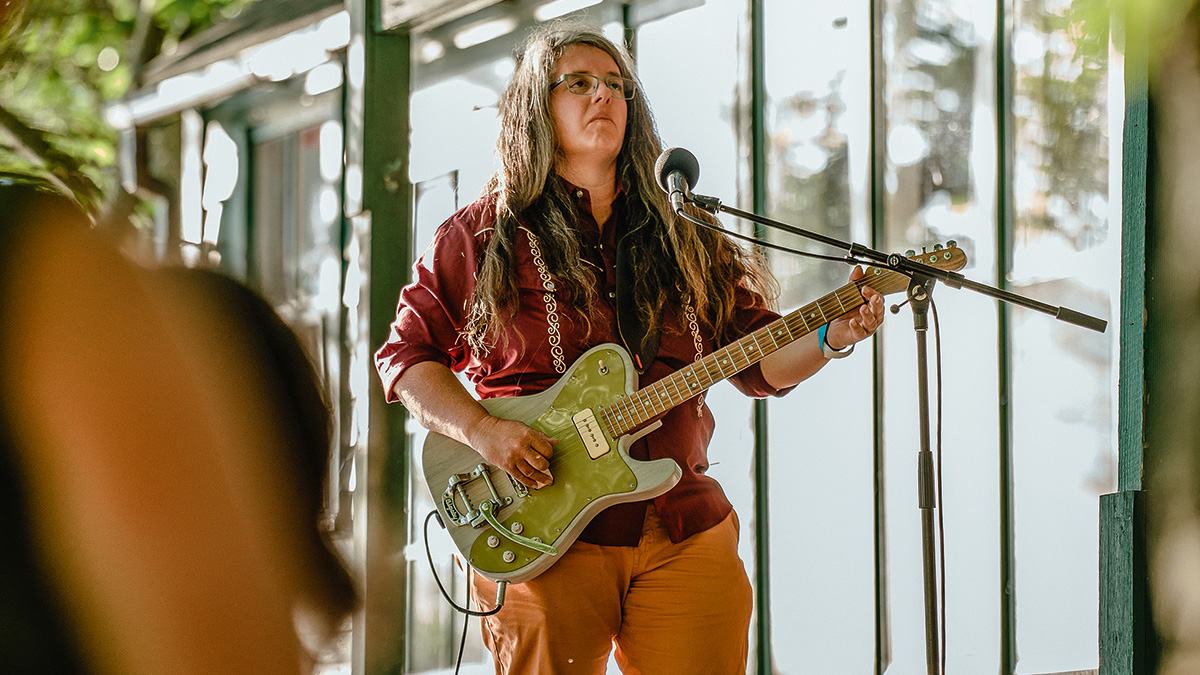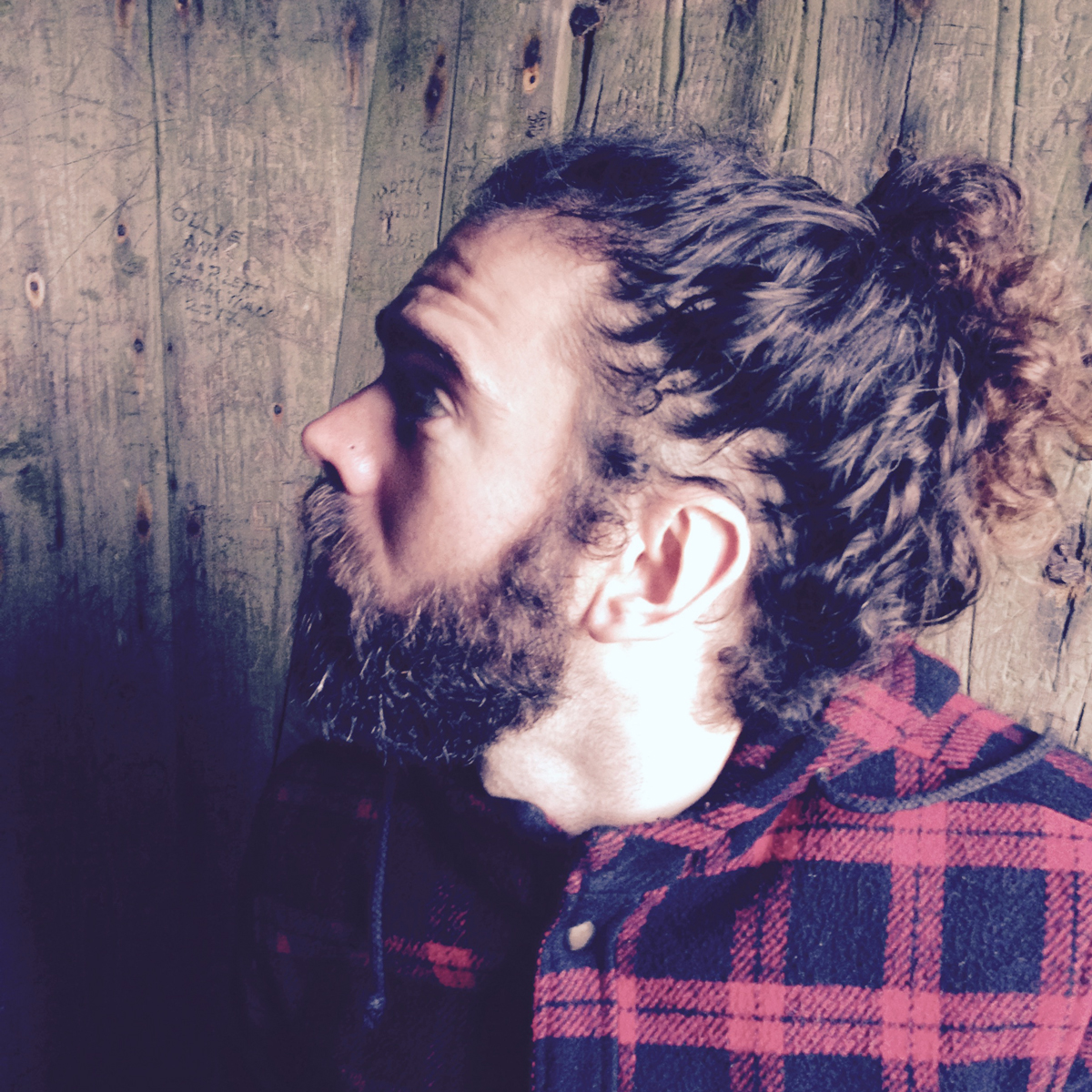Marisa Anderson on the art of improvisation versus composition and the everlasting allure of a sustaining electric guitar
The Portland, Oregon instrumentalist returns with Still, Here, and unpacks her approach to writing socially conscious guitar music

Portland, Oregon-based instrumental guitarist Marisa Anderson has already had a colourful career involving work with Sharon Van Etten, William Tyler, and Jim White of Australian instrumentalists Dirty Three.
Her solo output includes seven albums, with this year’s Still, Here following 2018’s Cloud Corner.
“This album was probably a four-year process,” Marisa begins. “After Cloud Corner, I wasn’t sure I would do another solo record because I didn’t know if I had anything new to say. I needed a little time and distance, so I decided to work with William and Jim to change up my process.”
Shake It Out
The decision to shake things up has resulted in a rich album that could only have been created by Marisa; the long drawn out notes and meditative phrases are immediately recognisable, and there is confidence and freshness to be found in the playing.
“I do think it worked,” she nods. “It shook some other things loose and now I feel inspired again – and I’m writing new stuff all the time, which is fun. I also just got off a run [of shows] with Jim White, which is all improv stuff. My work with William is very much composed, whereas what I do with Jim, it’s a lot freer, and I felt I needed to do both to unblock my solo music and give it more arteries to go down.”
Studio to Stage
Still, Here takes a central stance when it comes to improvisation versus composition, bringing in disciplines from both of her recent duo albums.
“There was quite a lot of improvised stuff on there, actually,” she says. “But the relationship changes once I start preparing it for performance. So the recordings can be improvised, but I need to figure out patterns and sequences so I can take them on stage. Songs like Night Air were built out of bits over a very long period of time – but it wasn’t composed, it just took a long time to come in.”
Get The Pick Newsletter
All the latest guitar news, interviews, lessons, reviews, deals and more, direct to your inbox!
Electric Feel
Although Marisa owns a broad range of instruments, her signature sound utilises the capabilities of the electric guitar.
“I like sustain,” she says, simply. “But aside from that, I don’t want to hurt my arms and hands. Steel-string acoustic is its own thing and it’s become a stand-in; when you think of the guitar, you think of steel-string acoustic and I think it’s a bit of a homogenisation of this instrument that has so many different voices.
“The Dobro is technically a steel-string acoustic and I like that voice in a very specific way, but it’s definitely not the main part of my palette and I don’t dream in that voice. When I’m at home, I use either the nylon-string or the electric. It’s almost never the steel-string.”
Custom Classic
After showing us several instruments, including her 1930s Dobro, a terz guitar (a small-scale classical guitar), a requinto and a lovely ornate nylon-string parlour guitar, Marisa picks up her current main beast.
“This is a Warmoth Telecaster with Lollar P-90s on it,” she explains. “I got it during Covid. I was hunting for a combination of solid rosewood neck, P-90s and a Bigsby and I found one on Reverb with all three. The rosewood neck is quite unusual, and the resonance on this thing is insane, it goes on for days.”
She runs off for a moment, before returning with another peach. “I also used this one on the album,” she says. “It’s an early 40s [Gibson] ES-125. It’s the one I’ve had the longest and I love it so much.”
Speaking Out
While Still, Here may come across as a calm album, Marisa uses her music as an outlet for commentary on current affairs. Just as Cloud Corner’s Lament reacted to the stark image of the body of two-year-old Syrian refugee Alan Kurdi lying on a Turkish beach, The Fire This Time is directly addressing the murder of George Floyd.
“It was written the same day and was my response to that news at that actual time. You can hear sirens on the recording and that was happening on my block because of the protests starting in Portland. So that was certainly not a calm day: that song was my visceral, horrified response to those events.”
- Still, Here is out now via Thrill Jockey.
Glenn Kimpton is a freelance writer based in the west of England. His interest in English folk music came through players like Chris Wood and Martin Carthy, who also steered him towards alternate guitar tunings. From there, the solo acoustic instrumental genre, sometimes called American Primitive, became more important, with guitarists like Jack Rose, Glenn Jones and Robbie Basho eventually giving way to more contemporary players like William Tyler and Nick Jonah Davis. Most recently, Glenn has focused on a more improvised and experimental side to solo acoustic playing, both through his writing and his own music, with players like Bill Orcutt and Tashi Dorji being particularly significant.
“His songs are timeless, you can’t tell if they were written in the 1400s or now”: Michael Hurley, guitarist and singer/songwriter known as the ‘Godfather of freak folk,’ dies at 83
“The future is pretty bright”: Norman's Rare Guitars has unearthed another future blues great – and the 15-year-old guitar star has already jammed with Michael Lemmo











